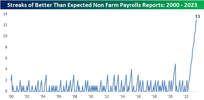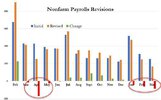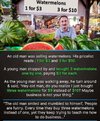- Joined
- 20 July 2021
- Posts
- 12,596
- Reactions
- 17,496
the theory is if there is ( sufficient ) demand , supply will follow , however some theories are never 100% reliableAssuming there is sufficient competition of course.
Not necessarily the case.
and of course in totalitarian governments , things rarely flow smoothly




